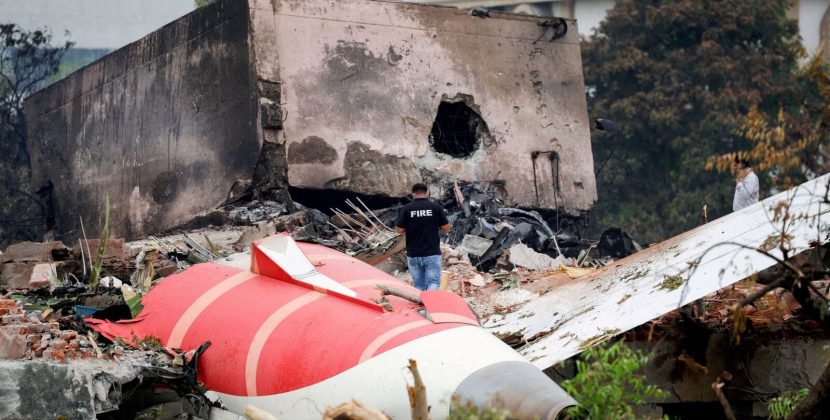
BHUBANESWAR: Centre on Monday lodged a strong protest with the Canadian government regarding alleged disrespect to Lord Jagannath’s rath yatra in Toronto. The ministry of external affairs (MEA) intervened following reports that eggs were thrown at a chariot during the rath yatra in Toronto on Sunday.MEA spokesperson Randhir Jaiswal said, “We have seen reports regarding disruption created by mischievous elements during the rath yatra procession in Toronto. Such despicable acts are regrettable and are against the spirit of the festival, which seeks to promote unity, inclusivity, and social harmony.”He added, “We have strongly taken up the matter with Canadian authorities to hold the perpetrators of the act accountable. We hope the Canadian government will take necessary action to protect the religious rights of people.” The response followed BJD president and former chief minister Naveen Patnaik’s request to the MEA to address the sensitive issue. “Such acts deeply offend Lord Jagannatha’s devotees worldwide and cause great distress to the people of Odisha, where this festival holds immense emotional and cultural importance. If these reports are true, the Odisha govt should take the issue seriously and press the ministry of external affairs to lodge a strong protest with Canadian authorities,” Patnaik had earlier posted on X. Patnaik raised the issue after a Toronto-based Indian woman shared a video on a social media platform which showed broken eggs on the pavement.

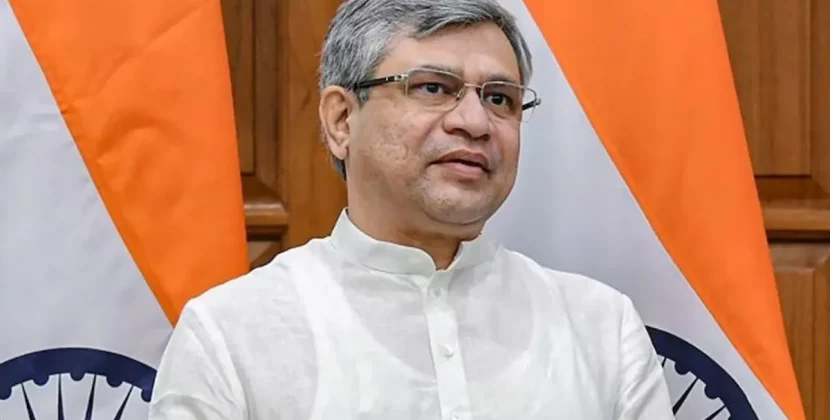
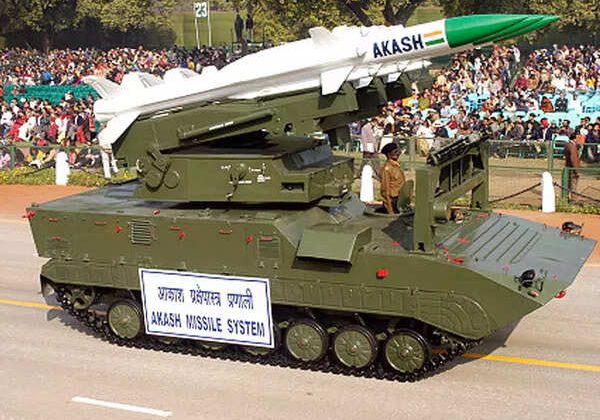





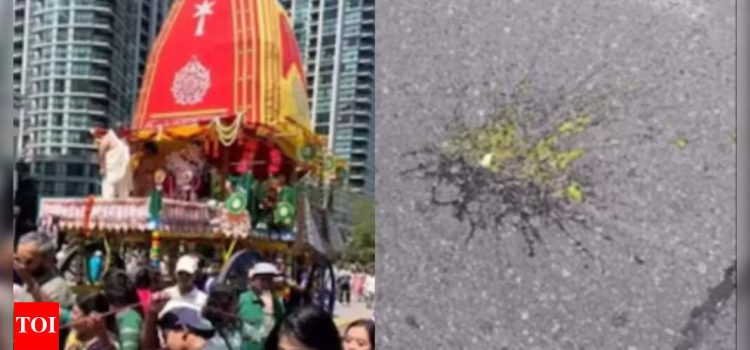
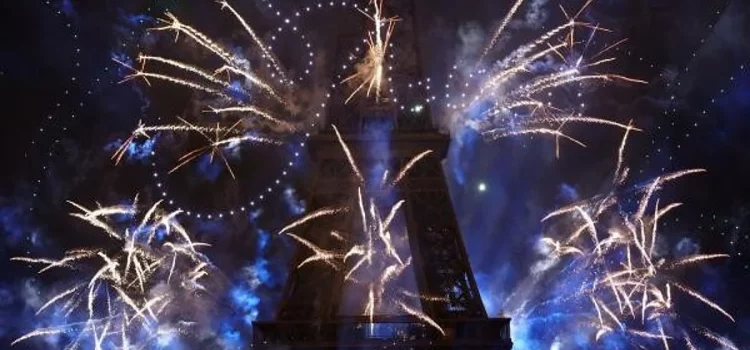





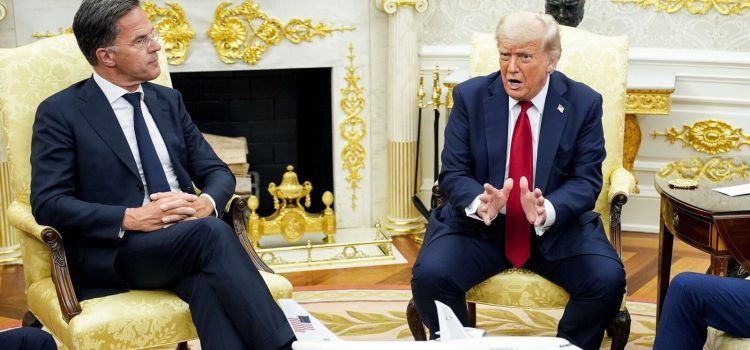
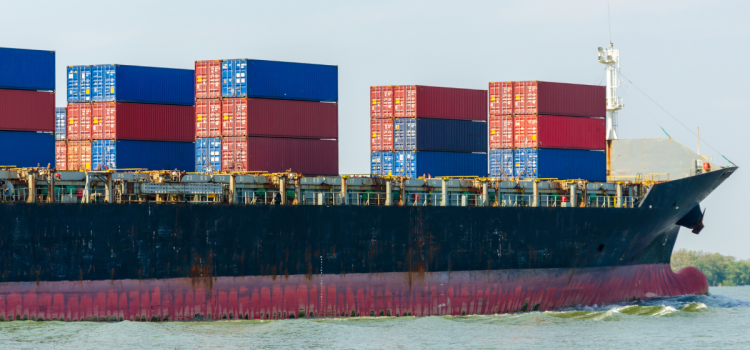
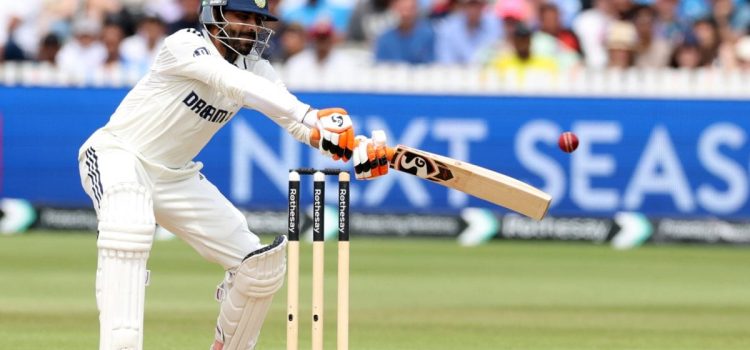
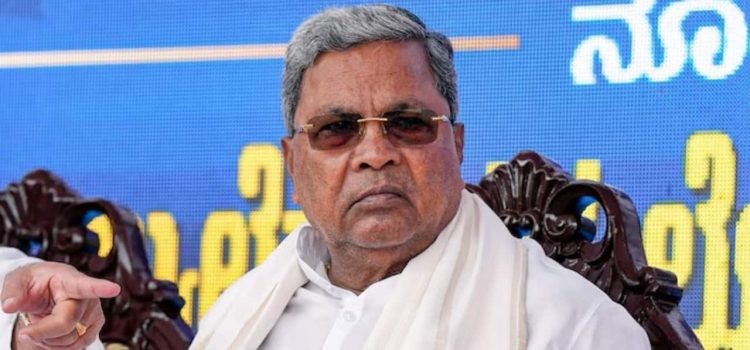
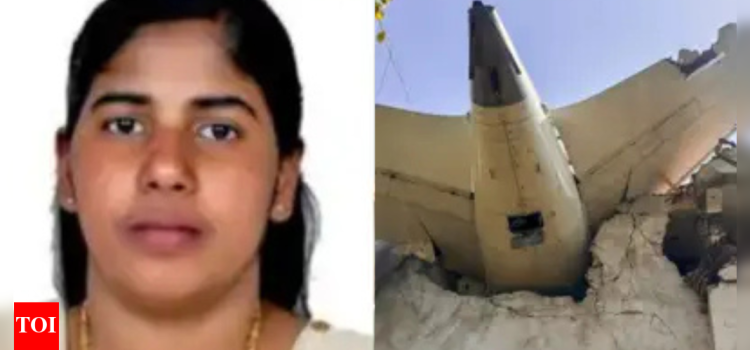
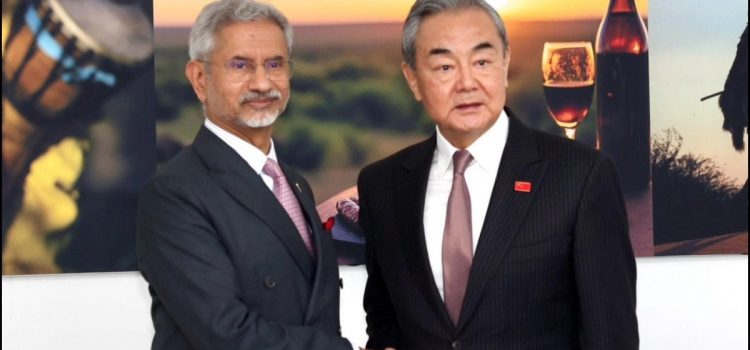
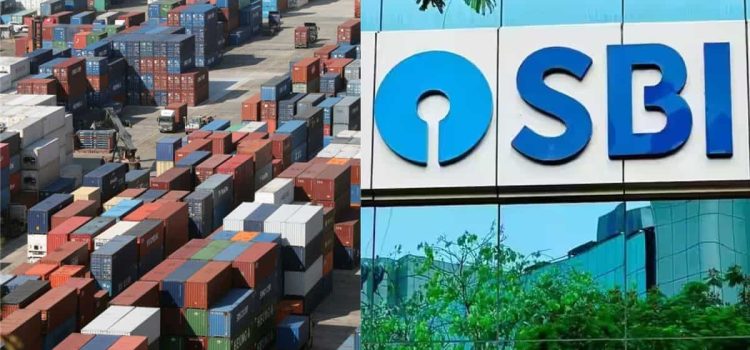
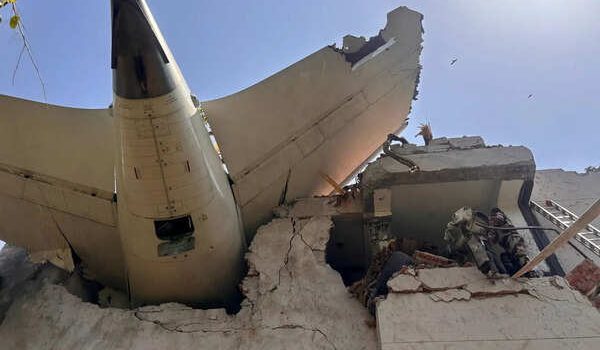

Comments